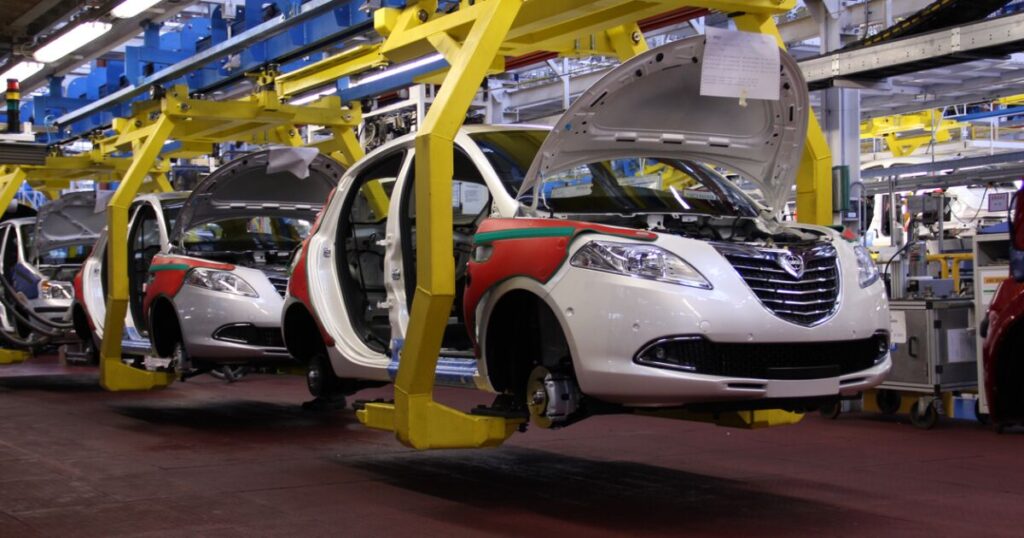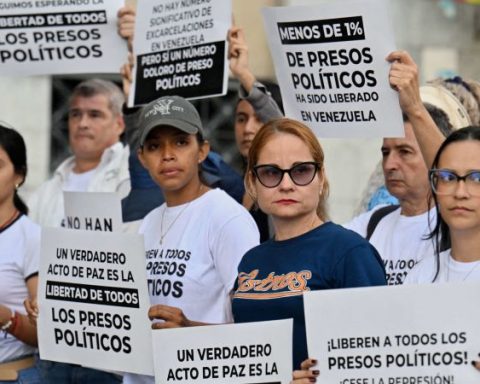The president of the Chamber of Commerce, Industries and Agriculture of Panama (Cciap), Marcela Galindo, referred this Tuesday to Decree No. 17 that authorizes the 30% reduction in 170 medicines, a regulation that has been rejected by the owners of small pharmacies and other pharmaceutical groups in the country.
Galindo explained that there are three actors in this chain: the first, which is not local but international, because Panama is a country that merely imports products and has few local laboratories, the next two links, which are distributors and pharmacies, yes they are local, “local companies, Panamanian companies and that have been willing to present Acodeco with all the real information on their purchase and sale prices so that then starting from the base and understanding how the chain of supply decisions can be made on the subject”.
He stated that this decree was issued before it could be analyzed in depth with all the local actors in the supply chain.
“Once the decree is issued, with just reason the local actors come out to say: ‘We cannot comply with this procedure’ and responsibly they come out to say that more time was needed for the implementation of this decree,” he pointed out.
He stated that the business association expected its implementation, which came into effect on Monday, August 15, to be postponed.
“For the decree to work, negotiations must take place between the different actors in the supply chain, because what is clear is that the way the decree is written puts all the weight of the discount on pharmacies and this cannot be, because the pharmacies do not have the margin and the funds to comply with this discount,” Galindo said.
He commented that as a result of this 30% reduction, pharmacies are going to turn to the distributors and ask for help or support. At the same time, he indicated that understanding the reality of how the chain works, the distributors also do not have the margin that is needed to be able to comply with the entire agreement, “hence then, they have to turn to the first link in the chain, which is the manufacturer, to understand which manufacturers are willing to contribute or not with this discount”.
The president of the Cciap highlighted that only 72 hours were given for the implementation of this decree, for which she considered that these negotiations cannot take place in 72 hours because each of the links in the chain has multiple companies that have to talk with each other to see how the contributions will be made.
On other issues, Galindo alluded to the accusations issued by the Single Union of Construction and Related Workers (Suntracs), who claim that the business sector is against what is approved at the single dialogue table because it affects them. businessmen directly, which they have described as a form of “blackmail”.
“Business associations are always going to be against any measure to which we do not find sense. All these measures or impositions such as price controls, margin controls or market controls are not sustainable over time. I think that this type of group that represents the feelings of the Panamanian nation, should be more focused on understanding what are the causes or roots of the problems that we have as a country to start acting there, instead of imposing market control measures ” , remarked the businesswoman.
He said that at all times, Suntracs has refused the participation of the private sector at the dialogue table, which he does not understand why.
“We have seen in many instances that the information they share, through their exposures, is manipulated, distorted or false information, and that is not the way to inform the population, the Panamanian population deserves respect and we must do it based on of real information,” he concluded.











